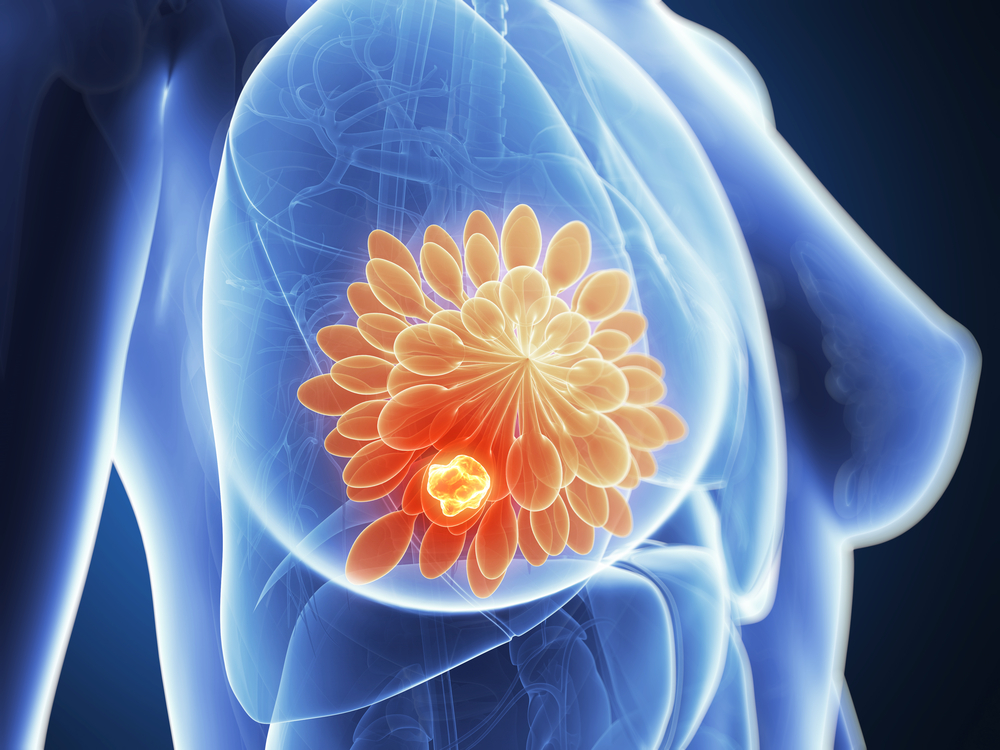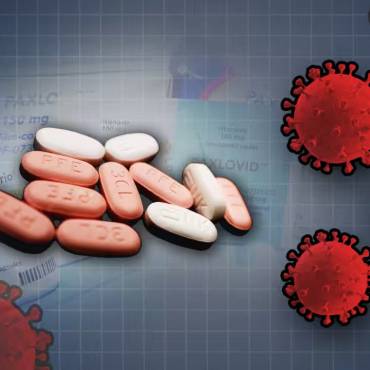There is no certain way to prevent breast cancer. Women can take certain precautions to prevent or at least reduce the risk of cancer if cancer is found at an early stage. You can lower your risk of breast cancer by changing the risk factors that cause breast cancer.The factors that can cause breast cancer are wrong body weight, lack of physical activities, and an imbalanced diet. Women who choose to breastfeed for at least several months may also get an added benefit of reducing their risk of developing cancer. Obesity in adult stage especially after menopause leads to a higher risk of breast cancer in women.
Mitigate breast cancer risk with changes in diet
You can lower your risk for breast cancer by consuming the right foods. Recent studies reveals that a meal plan that is rich in fruits and vegetables and lowstarchy carbohydrates may help prevent occurrence and recurrence of breast cancer. Add the following foods in your diet-
• Spices – Spices contain a chemical called curcumin that helps in fighting breast cancer tumors when combined with certain drug based therapy.
• Broccoli – Research has shown that broccoli blocks tumor growth and prevent further infection of other healthy non-cancerous cells.
• Garlic – Garlic contains allyl sulphide that may aid in breast cancer prevention. People on blood thinners and certain other medications should consult the doctors before taking garlic supplements to avoid possible drug interactions.
• Apples – Don’t toss away the peel of apple, you may toss away plenty of the nutrients that include fiber, antioxidants, and other compounds needed for anti-cancer nutrition.
• Walnuts – Walnut is a good source of omega-3 fatty acids, which may slow down the growth of breast cancer tumors.
• Fish – Omega-3 fatty acids derived by fish is an important way to prevent breast cancer. Lean protein in fish is an added advantage to breast cancer prevention plan.

• Flax seed – Flax seed has a component called lignans that may actually decrease cancer growth, making it perfect for breast cancer prevention.
• Vegetables – Amp up vitamin A in your diet by eating carrots, cantaloupe, and sweet potatoes—foods rich in the vitamin A. Orange, red, yellow, and even dark green foods are another more powerful source of Vitamin A.
• Berries – Blueberries, blackberries, raspberries, and strawberries are power-packed with vitamins, minerals, and antioxidants that can aid in breast cancer prevention.
• Green Tea – Green tea contain catechins that offer benefits in breast cancer prevention. Research suggests that green tea is effective in protecting you against environmental exposures that might increase the risk for cancer.
If you have descended with a cancer background you may be at increased risk for breast cancer. The mutated gene makeup (BRCA gene) is carried forward to the descendants. Such cases should be referred to a genetics professional for testing. The professional will evaluate that risk furtherand arrange for the test if the patient wishes to proceed. But BRCA mutations are found to be rare, affecting really a small fraction of women. National Comprehensive Cancer Network guidelines could also be followed that advises women who are 60 and under for genetic counseling and testing at specific counseling centers.
Chemo prevention: this implies use of drugs to reduce the risk of cancer.
Tamoxifen & Raloxifene:
Most breast cancers that occur in women after menopause are ER-positive. In such cases,estrogen receptor−positiveTamoxifen and Raloxifene can be taken as they block the effects of estrogen on the breast tissue. It can be used in women even in absence of menopause.
The US Food and Drug Administration advice’s usage of these drugs for reducing breast cancer risk for women who are at high risk of breast cancer. These drugs occasionally cause endometrial (uterine) cancer (in women who have gone through menopause) and serious blood clots, so women should consult the doctor first and make themselves aware of possible benefits and side-effects.
Aromatase inhibitors:
Medications such as anastrozole, letrozole and exemestane are also being used in post-menopausal women against cancer recurrences. They also work by blocking the production of estrogen that post-menopausal women normally produce. Exemestane is shown by the studies to lower the risk of invasive breast cancer by 65% in post-menopausal women who have an increased risk for breast cancer. The inhibitors also have side effects, such as joint pain and stiffness, leading to more serious issues like osteoporosis and even broken bones.
Surgery
Apart from drugs prescribed above, there is also preventive surgery for women with high breast cancer risk. For women who have high risks for developing breast cancer, masectomy surgery can be done, in which the breasts or part of ovaries are removed.
Preventive (prophylactic) mastectomy
Removal of both breasts before cancer is diagnosed may reduce the risk of breast cancer by up to 97%. Some women are diagnosed with cancer in one breast choose to remove the healthy breast as well to prevent further spread of the cancer. But remember, removal of breast does not completely prevent breast cancer, because even a careful surgeon would leave behind few breast cells which may go on to become cancerous. Reasons for preferring this type of surgery include: Mutated BRCA genes to be found in genetic testing, family history including close relatives, LCIS (Lobular carcinoma in situ) seen on biopsy, having cancer previously in one breast, especially in those with strong family history.
This type of surgery has been shown to be quite effective in many cases of women but with certain conditions. Also there is no way to know ahead of time if this surgery would benefit any single woman. In some cases women with BRCA mutations may develop breast cancer quite early in their life and have high risk of getting cancer in the second breast as well. A preventive mastectomy before cancer diagnose may add many years to their lives. On the other hand, most women with BRCA mutations get breast cancer whereas some don’t. These women won’t really get any sort of benefit from the surgery but they have to face the side effects. A second opinion is definitely recommended before you decide on any surgery option.
Prophylactic oophorectomy or ovary removal
The risk of developing breast cancer may reduce by 50% in many cases of women with a BRCA mutation. They can have their ovaries removed through a surgery before menopause. This is because the surgery aims to remove the main source of estrogen from the body (the Ovaries). It is also noted that women with BRCA mutation may also recognise that they have high risk of developing ovarian cancer. That is why most of the doctors recommend that woman with BRCA mutations should get their ovaries removed.
Also Read: Signs Of Cancer : Are you At Risk?



